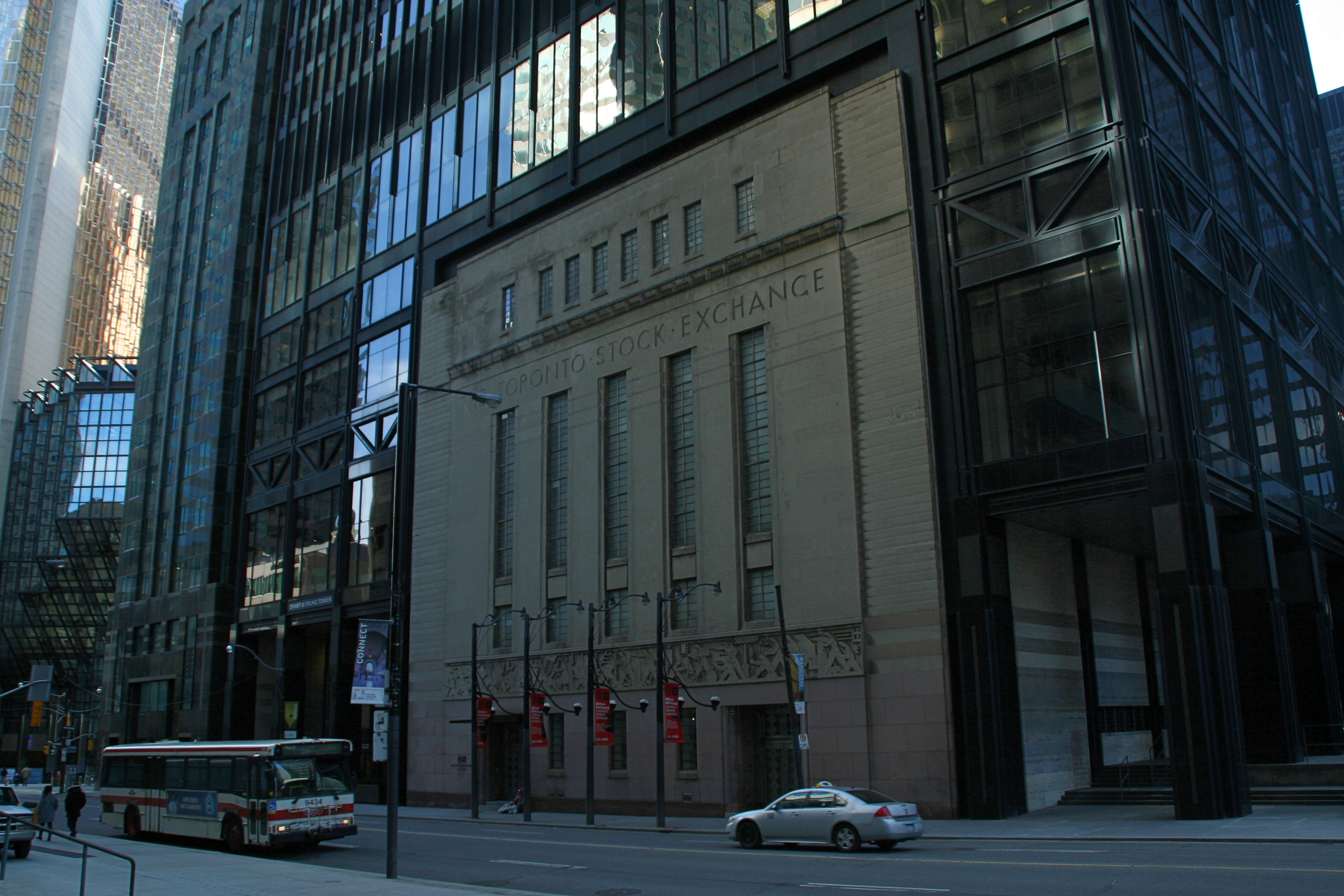
TORONTO — Canada’s main stock index closed lower Tuesday despite a rise in oil prices as mixed geopolitical messages over trade fostered uncertainty about the future.
The Toronto Stock Exchange and U.S. markets got a morning boost on signals of China extending an olive branch on auto tariffs for imported U.S. vehicles and reported high-level talks between the two countries. The mood soured, however, after the Washington Post reported the U.S. was considering condemning China for economic espionage.
In Canada, the focus was Huawei’s legal case and China’s detention of a former Canadian diplomat.
“These kinds of headlines do give people pause and so there’s a lot of focus going on thinking about what companies have exposure to China and are they at risk,” says Catharine Sterritt, portfolio manager for CIBC Asset Management.
The S&P/TSX composite index ended the day off by 60.45 points to 14,667.83 despite enjoying a morning lift to an intraday high of 14,957.81.
The January crude contract was up 65 cents US at US$51.65 per barrel and the January natural gas contract was down 13.8 cents at US$4.41 per mmBTU.
However, the influential energy sector was down 1.5 per cent as several large names, including Suncor Energy Inc., saw their shares fall. The consumer discretionary sector, financials and materials were also down. The cannabis heavy health-care sector closed up 2.9 per cent, followed by consumer staples.
The recent moves by the Alberta government to cut oil production and request help from Ottawa were reminiscent of Canada’s mortgage situation a couple years ago that saw bank executives seek federal intervention to cool down the housing market, Sterritt said.
“What we’re seeing in the Canadian western basin is very similar, where the market actions weren’t functioning properly,” she said in an interview.
Investors have consolidated their positions and are moving towards defensiveness and industries with less global exposure in the wake of uncertainties, Sterritt added.
“So there’s a move away from the commodity exposed people and the global industrials to things like rail which is very local economies or financials which is local economies.”
In New York, the Dow Jones industrial average was down 53.02 points at 24,380.24. The S&P 500 index was down 0.94 points at 2,636.78, while the Nasdaq composite was up 11.31 points at 7,031.83.
U.S. markets sank to their lows of the day in the early afternoon after U.S. President Donald Trump had a televised Oval Office fight with the top Democratic party leaders. Trump threatened to shut down the government if more money isn’t provided for his wall along the Mexican border.
The Canadian dollar traded at an average of 74.62 cents US compared with an average of 74.74 cents US on Monday.
The February gold contract was down US$2.20 at US$1,247.20 an ounce and the March copper contract was up 4.7 cents at US$2.77 a pound.